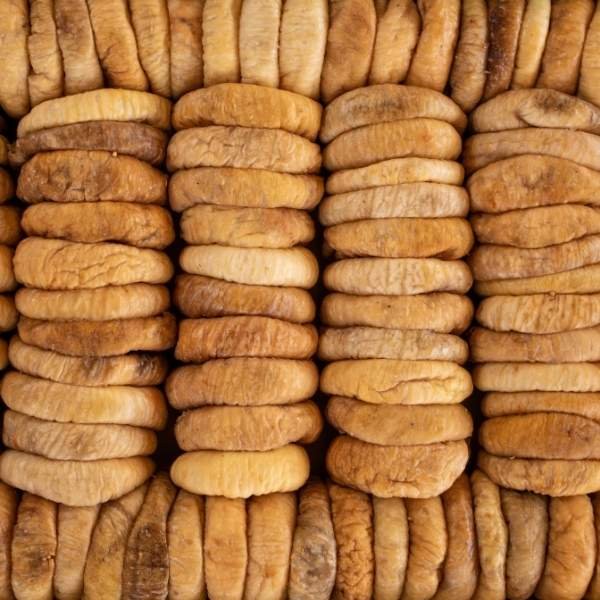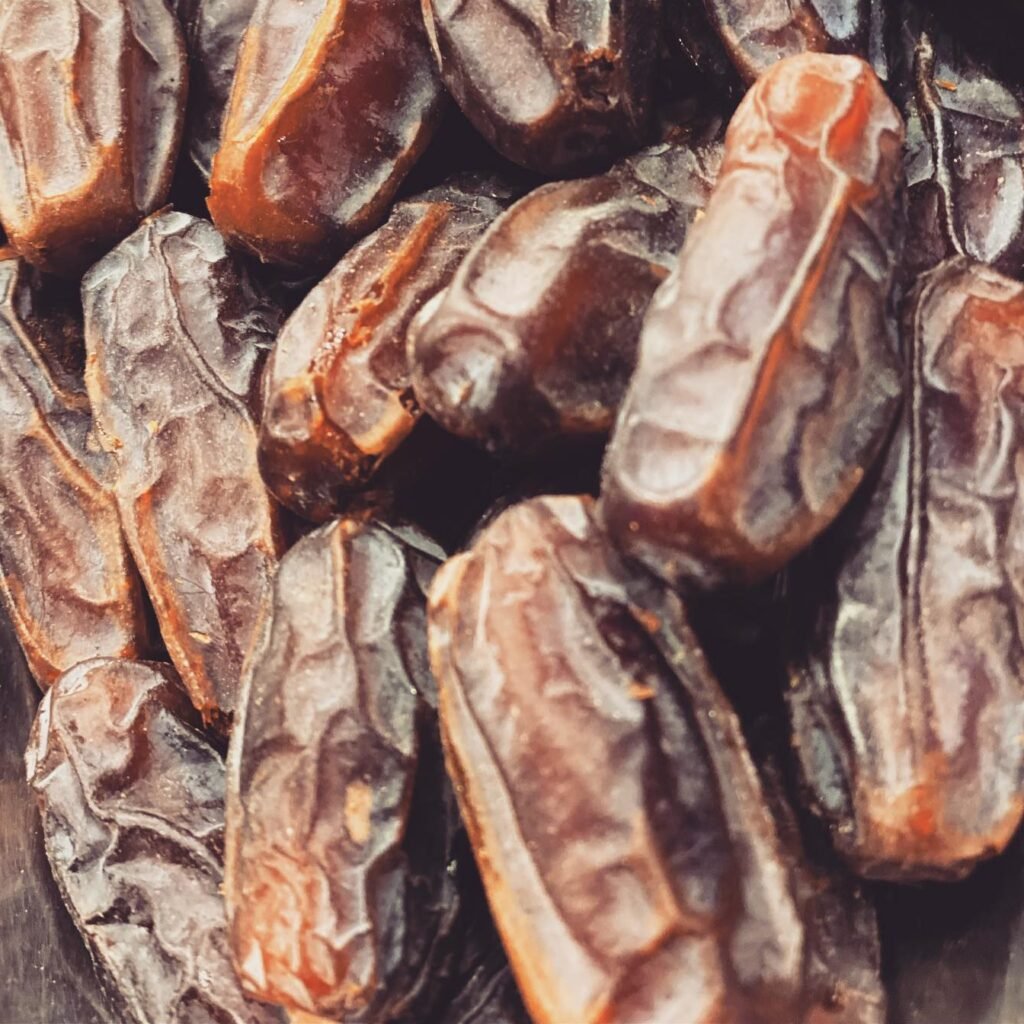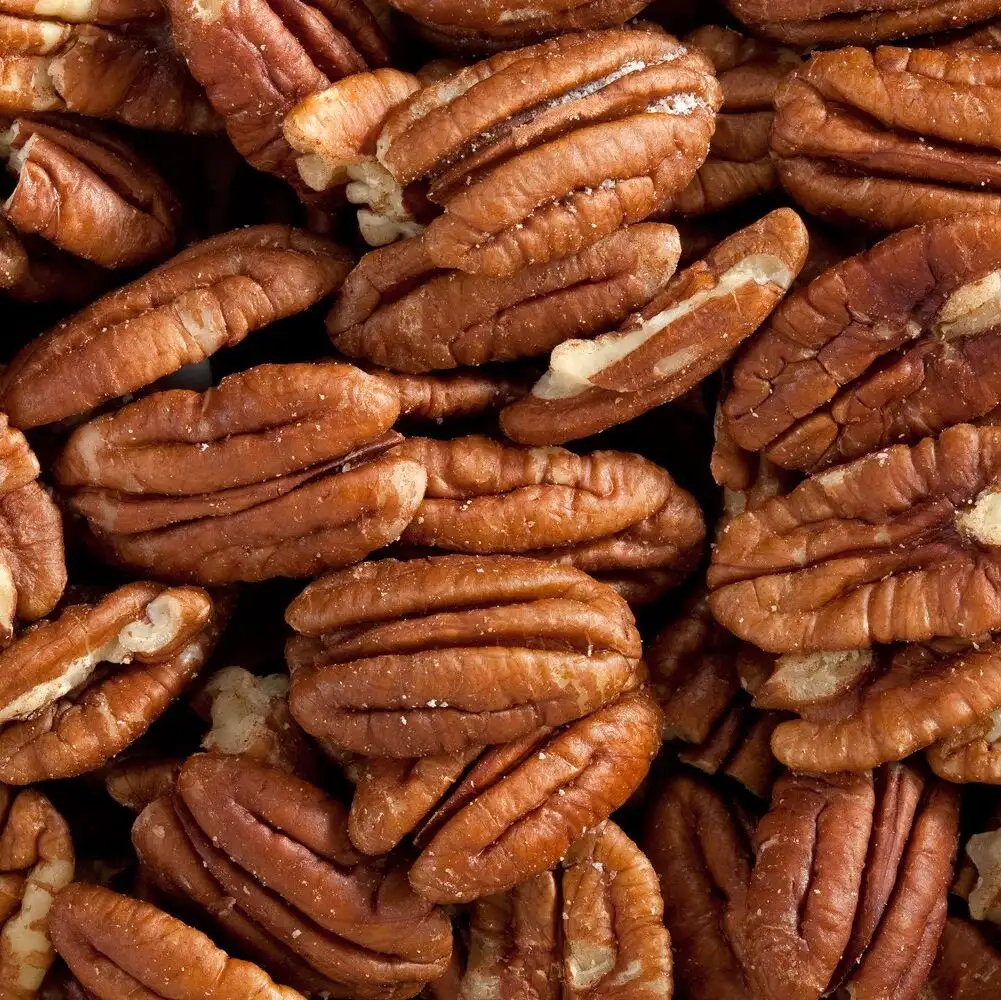Moroccan Figs Dried
Moroccan figs dried are a healthy and tasty snack that is popular around the world. This dried fruit is made from fresh figs that are picked at the peak of ripeness, and then dried naturally under the warm Moroccan sun. They are a delicious and nutritious snack that can be enjoyed on their own, or added to salads, yogurt, oatmeal, and other dishes. In this article, we will explore the health benefits of Moroccan figs dried, how they are made, and ways to enjoy them.
- Moroccan Figs Dried
- What are Moroccan figs dried?
- How are Moroccan figs dried made?
- Nutritional benefits of Moroccan figs dried
- Health benefits of Moroccan figs dried
- Ways to enjoy Moroccan figs dried
- Where to buy Moroccan figs dried
- How to store Moroccan figs dried
- Possible side effects of eating too many figs
- Conclusion
- Shop now from our store
What are Moroccan figs dried?
Moroccan figs dried are a type of dried fruit made from fresh figs grown in Morocco. The figs are picked when they are fully ripe and then dried naturally under the sun or in a dehydrator. The drying process removes most of the moisture from the figs, resulting in a chewy and sweet snack that is rich in flavor.
How are Moroccan figs dried made?
The process of making Moroccan figs dried begins with harvesting the figs when they are fully ripe. The figs are then washed and sorted to remove any damaged or bruised fruits. The figs are then either left to dry naturally in the sun or placed in a dehydrator. During the drying process, the figs are turned regularly to ensure even drying. Once the figs are completely dry, they are packaged and shipped to markets around the world.
Nutritional benefits of Moroccan figs dried
Moroccan figs dried are an excellent source of fiber, vitamins, and minerals. One serving (40g) of dried figs contains:
- 130 calories
- 1g of protein
- 0g of fat
- 31g of carbohydrates
- 5g of fiber
- 20g of sugar
- 7% of the daily recommended intake of calcium
- 5% of the daily recommended intake of iron
Moroccan figs dried also contain antioxidants, which can help protect the body against free radicals that can cause cell damage and lead to chronic diseases.
Health benefits of Moroccan figs dried
Moroccan figs dried offer numerous health benefits. Here are some of the key benefits:
1. Promotes digestive health
Moroccan figs dried are an excellent source of fiber, which is important for maintaining good digestive health. Fiber helps keep the digestive system running smoothly by promoting regular bowel movements and preventing constipation.
2. Helps lower cholesterol levels
Moroccan figs dried contain pectin, a type of soluble fiber that can help lower cholesterol levels. Pectin binds to cholesterol in the digestive tract, preventing it from being absorbed into the bloodstream.
3. May help regulate blood sugar levels
Moroccan figs dried are a low-glycemic-index food, meaning they release sugar into the bloodstream slowly, which can help regulate blood sugar levels. This makes them a good snack option for people with diabetes.
4. Contains antioxidants
Moroccan figs dried are a good source of antioxidants, which can help protect the body against oxidative stress and inflammation.
5. May help prevent cancer
Moroccan figs dried contain compounds that have been shown to have anti-cancer properties. These compounds can help prevent the growth and spread
of cancer cells in the body, reducing the risk of developing certain types of cancer.
Ways to enjoy Moroccan figs dried
Moroccan figs dried are a versatile ingredient that can be enjoyed in a variety of ways. Here are some ideas:
- Eat them on their own as a snack
- Add them to oatmeal or yogurt for a healthy breakfast
- Use them as a topping for salads
- Chop them up and add them to baked goods like bread or muffins
- Stuff them with goat cheese or other fillings for a savory appetizer
- Dip them in melted chocolate for a sweet treat
Where to buy Moroccan figs dried
Moroccan figs dried can be found in most grocery stores, health food stores, and online retailers. Look for brands that use organic figs and avoid those with added sugars or preservatives.
How to store Moroccan figs dried
To keep Moroccan figs dried fresh, store them in an airtight container at room temperature. They will last for several months if stored properly. Avoid storing them in the refrigerator, as the moisture can cause them to become moldy.
Possible side effects of eating too many figs
While Moroccan figs dried are generally considered safe to eat, consuming too many can lead to some side effects. Figs are high in sugar, so eating large quantities can cause digestive discomfort, including bloating and gas. Additionally, some people may be allergic to figs and should avoid them altogether.
Conclusion
Moroccan figs dried are a nutritious and delicious snack that can be enjoyed in a variety of ways. They offer numerous health benefits, including promoting digestive health, lowering cholesterol levels, regulating blood sugar levels, and preventing cancer. When buying Moroccan figs dried, look for brands that use organic figs and avoid those with added sugars or preservatives. Store them in an airtight container at room temperature for maximum freshness. Enjoy them on their own or add them to your favorite dishes for a healthy and flavorful boost.
- Are Moroccan figs dried vegan? Yes, Moroccan figs dried are vegan as they are made without any animal products.
- Can I eat Moroccan figs dried if I have diabetes? Yes, Moroccan figs dried are a good snack option for people with diabetes as they are low-glycemic-index foods that release sugar into the bloodstream slowly.
- How many Moroccan figs dried should I eat per day? It is recommended to eat a serving of 40g of Moroccan figs dried per day, which is equivalent to about 5-6 figs.
- Are Moroccan figs dried gluten-free? Yes, Moroccan figs dried are gluten-free.
- Can I use Moroccan figs dried in savory dishes? Yes, Moroccan figs dried can be used in savory dishes as a topping or stuffing for appetizers.
Lorem ipsum dolor sit amet, consectetur adipiscing elit. Ut elit tellus, luctus nec ullamcorper mattis, pulvinar dapibus leo.





